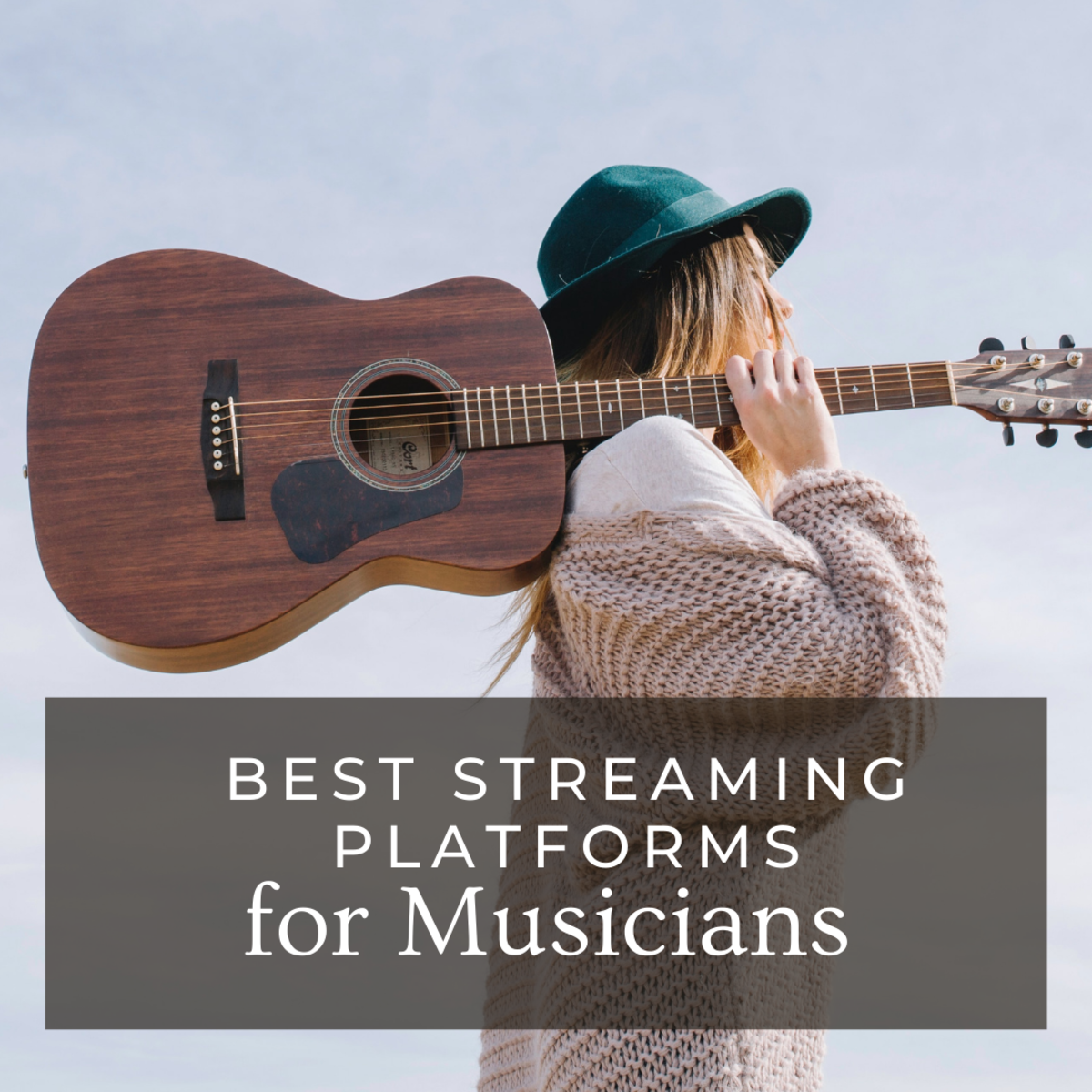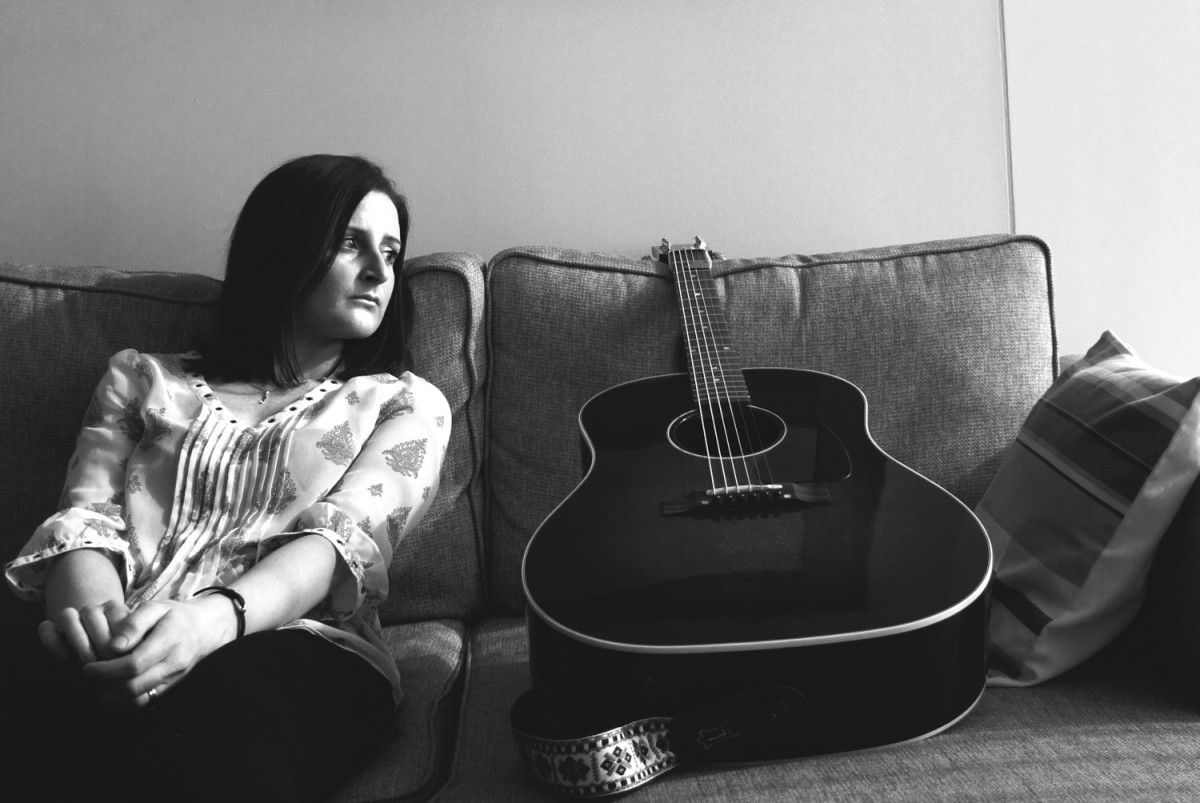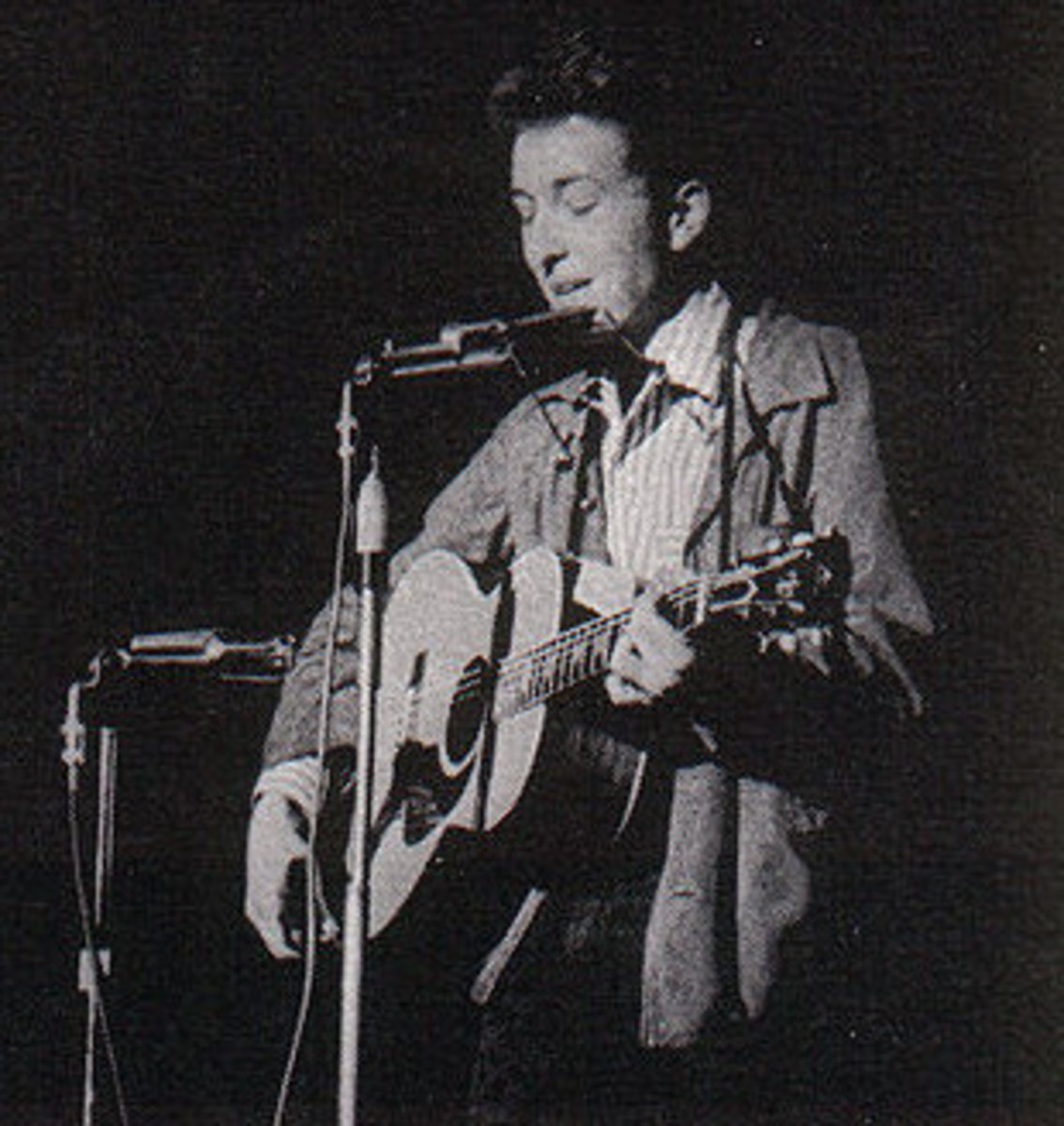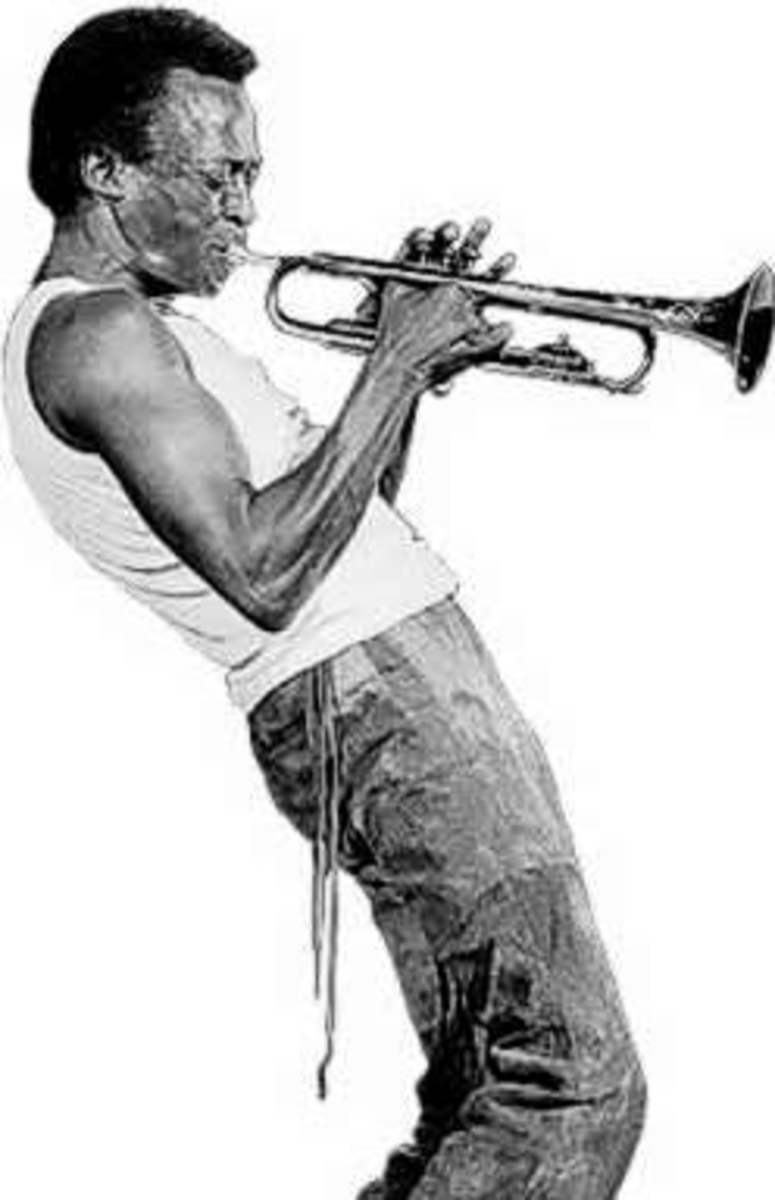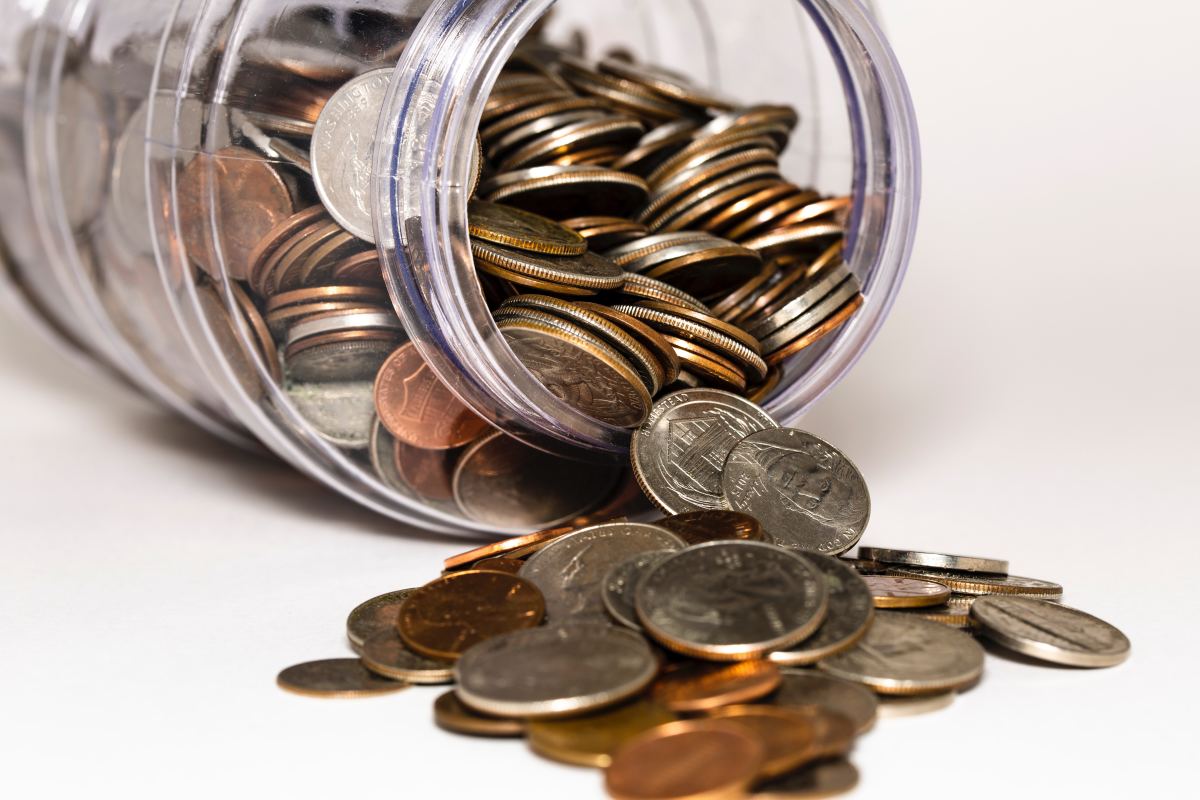How Musicians Can Make Money in the Digital Era

How can independent emerging artists earn revenue in today's digital world?
The digitization of music has proved to be both positive and negative for independent artists today. The good thing is that artists no longer need to rely on major labels for their music promotion and distribution, as they now have these tools at their own disposal. In the old business model, before the Internet and music digitization evolved, the primary way for music distribution was through a record label. But in today’s world, artists are beginning to steer away from signing with major labels, as they now have access to their own marketing and distribution tools, and they don’t want to give away a large portion of their income.
The not-so-good thing is that, in this new digital environment, self-promotion can be a challenging task, because so many different media texts are competing for users’ attention. In today’s market, artists need to create a “buzz” through internet-based marketing, blogs, and free music recordings, which can be challenging and extremely time consuming.
So, the question is – with so many independent artists trying to make a name for themselves today – how do you make yourself stand out? How do emerging artists today make a living?
Well, the short answer is that it takes a lot of time, effort and creativity. But if you’re really passionate about what you do and are willing to put in the effort to ensure you can make a career in music, then keep reading.
I recently completed a research paper in which I used a successful independent band as a case study, and through extensive research and interviews with industry professionals, I learned a lot about what emerging artists need to do in order to survive financially and make a name for themselves in today’s world.
Here is what I learned:
- Artists need to tour for approximately 3 years before they start to turn a profit.
Yeah, I know, that’s a long time. The first few tours you’ll lose money, and you’ll probably be opening for bigger local bands. Then after you start to build your name, you’ll break even. Then you’ll start to see the money.
- Giving away your music for free may increase concert sales
One of the sources I used for my paper stated that “exposure by getting music out to the consumers increases the chances those consumers will pay to see the musician in concert” (De Groote, 2009). Another source says that “While it’s true that CD sales have been dramatically declining for years, the music business is actually experiencing a boom in live concerts. While consumers won’t pay for copies of the work of their favorite bands, they will pay for the privilege of seeing them live.” He also argues that “in the old industrial economy, artists played concerts to sell recordings; in the digital economy, artists gives away recordings in order to sell concert tickets” (Keen, 2009).
- Network, network, network
This one should be obvious, but I can’t tell you how many talented musicians I know that are terrible at marketing themselves. If it exists, use it to get your name out there: Facebook, Twitter, MySpace Music, YouTube. But don’t just sign up for an account, stay active and keep your audience engaged. Music Think Tank says that networking sites are great promotional tools for artists, but the key is to utilize them effectively. They believe that artists should build their fan base by actively updating their page with promotional activities that will capture users’ attentions, such as posting videos, audio samples, blog postings, and live show photos.
- Get a booking agent
The good thing with booking agents is that they take a percentage of your concert sales, so you don’t have to pay much, if anything, up front. And if you’re just starting out, you won’t be making much, so you won’t be paying much. Agents have good relationships with venues and other artists, so chances are they’ll book you as the opening slot to a band who is more well-known until you’ve toured enough to headline your own shows. And if you want to make it in music, YOU HAVE TO TOUR. My advice? Quit your job. Sell your sh*t. Buy a Van or an RV. Tour nationally. Play big festivals (CMJ, SXSW, etc.). Get your name out there. Then, once you get home, write some more music and do it all over again. (My case study - who you’ll read about below - did just that, and it’s worked out quite well for them.)
- Enter music contests
The band I researched for my case study (who I’ll refer to as The W’s), were great at this. They won a battle of the bands contest for a local radio station, and a year later, they won the Lands End Canvas online battle of the bands contest, which was a $5,000 prize. But the best part is, their booking agent convinced Lands End to sponsor their entire national tour (which is why you need a booking agent!) and Lands End gave them an additional $20,000 for touring expenses in exchange for their logo to appear on the band’s RV and promotion flyers.
- Raise funding through Kickstarter
The W’s also launched an online campaign through kickstarter.com, where they received over $11,000 in donations to record their new album.
- Hire a publicist
Now that independent artists no longer need a major label for their marketing and distribution, they can cut out the middleman by distributing their own work and hiring their own publicist. The W’s hired Steven Trachtenbroit of Big Hassle Media, who manages publicity for well-known artists such as The Strokes, who arranged press releases for them in national media outlets such as USA Today and Guitar World Magazine, and also scheduled TV and radio appearances in major US cities while they were on tour.
- License your music
The W’s said that, while they do make money from iTunes, their biggest revenue source, aside from touring, comes from Vimeo. Vimeo is a website that filmmakers purchased licensed songs from to use in their films. Most songs run from $0.99-$1.29.
Even with the cost of album recording, touring expenses and promotional campaigns, artists today will still make more money by self-releasing than signing with a label. The W’s have bypassed recording costs by taking advantage of online donation campaigns, and they’ve also bypassed touring expenses with the help of company sponsorships. During the W’s first two years of touring, they opened for other acts and earned as low as $50 per show, just enough to cover their gas expenses to get to the next city’s show. Now, after marketing themselves creatively and continuing to tour, they’re earning as high as $2,000 - $3,000 per show.
So, if you want to make a living making music, you can… just get creative!

![Six-Figure Musician - How to Sell More Music, Get More People to Your Shows, and Make More Money in the Music Business (Music Marketing [dot] com Presents)](https://m.media-amazon.com/images/I/51blniyQOIL._SL160_.jpg)
